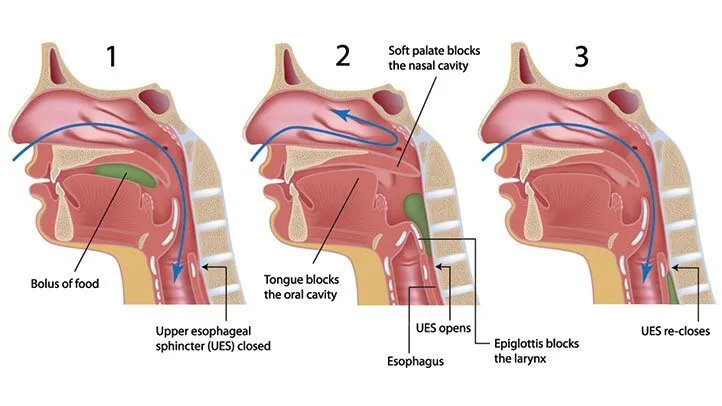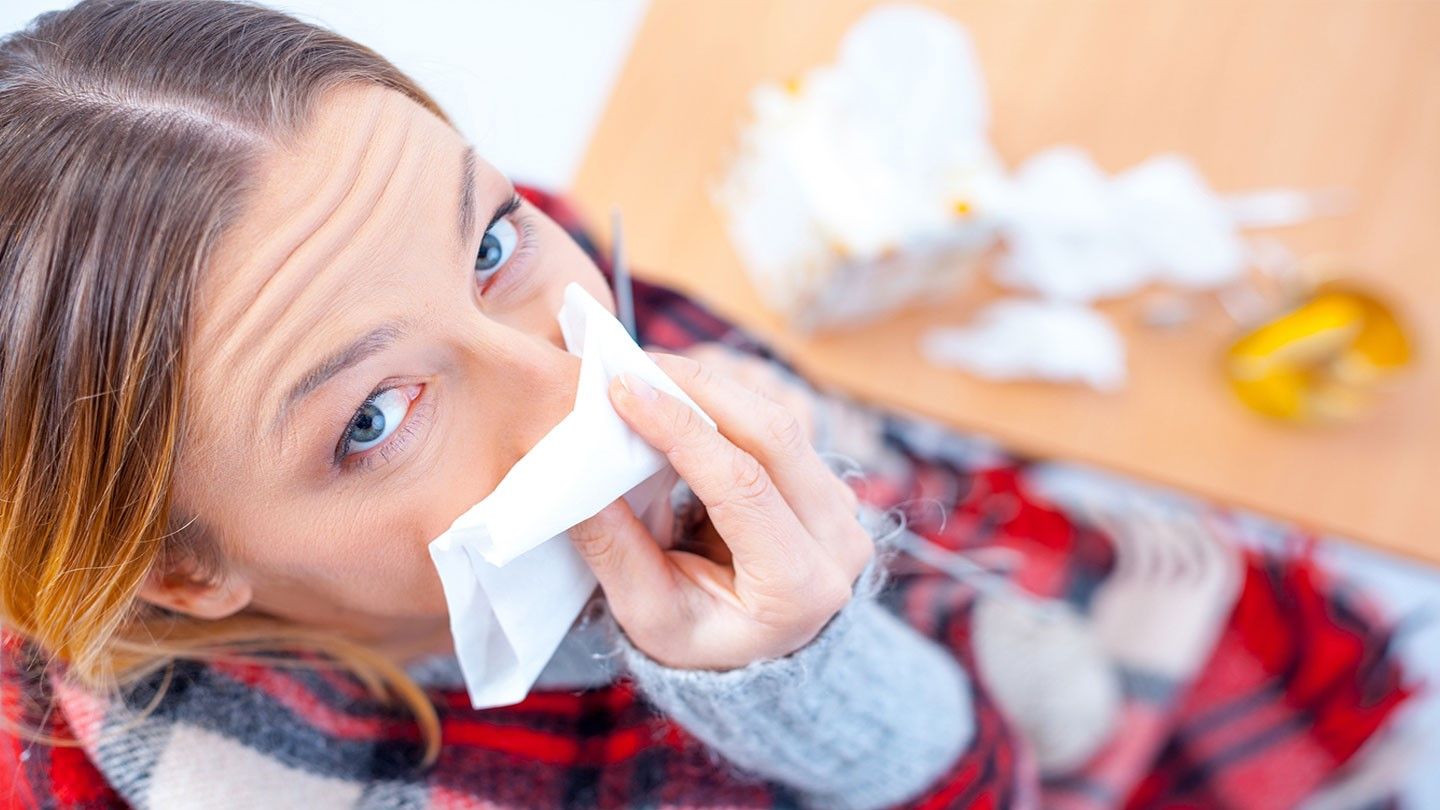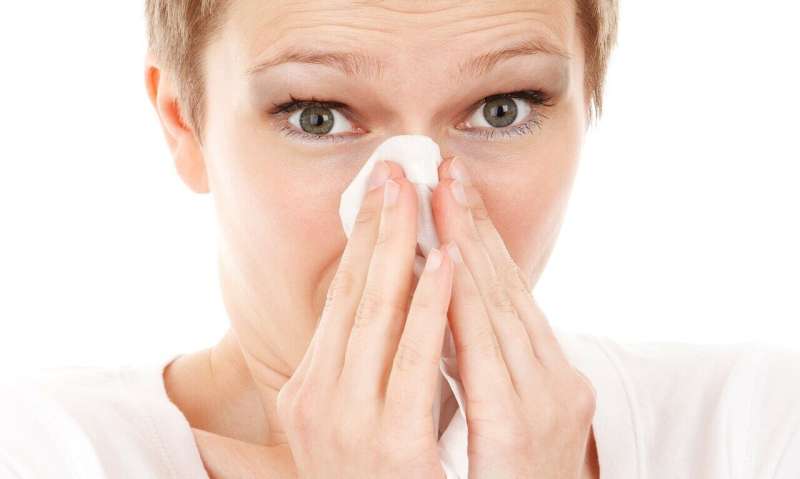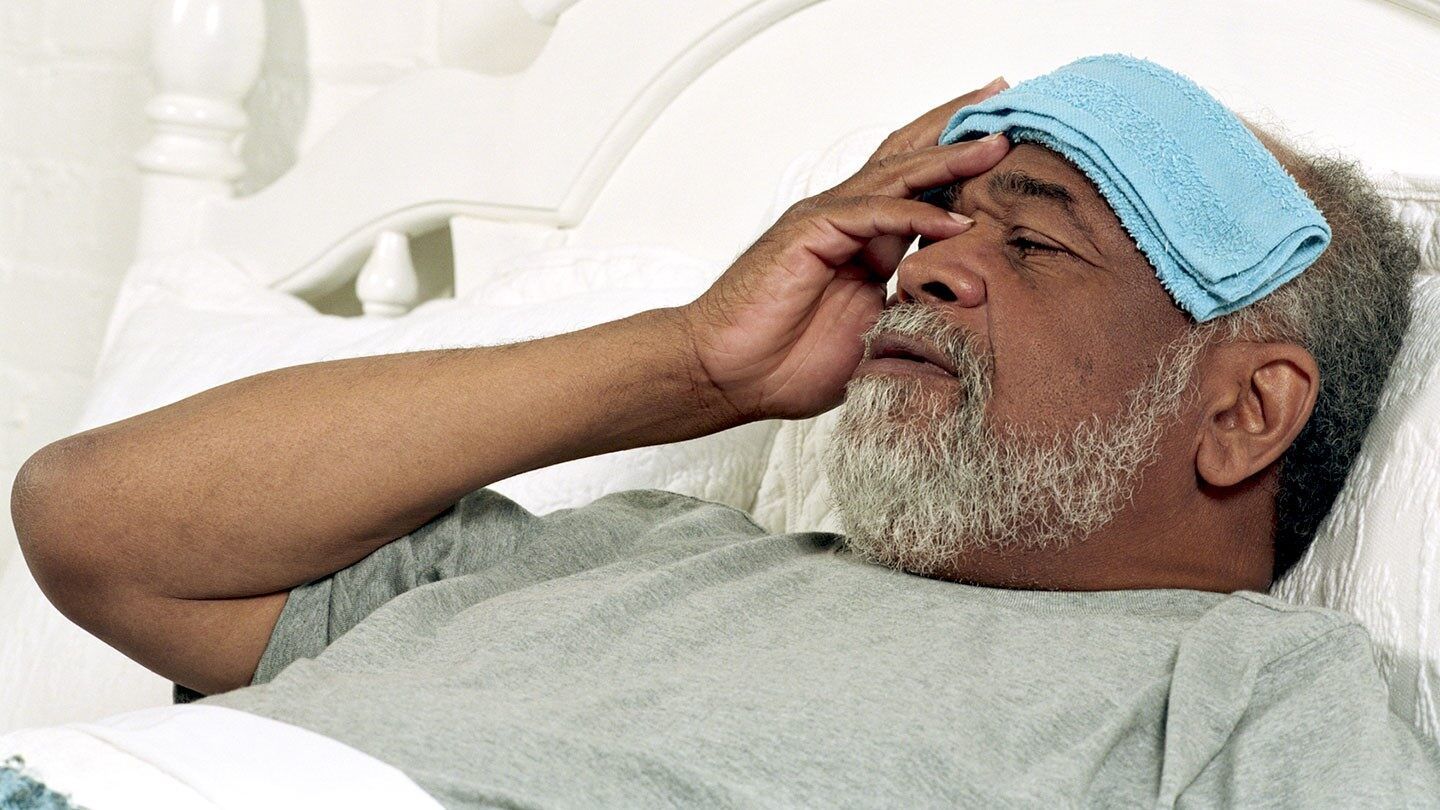Dealing with Nighttime Cold and Flu Symptoms for Restful Sleep
Colds and flu tend to worsen at night, disrupting much-needed sleep precisely when you need rest the most to recover. Nasal congestion, sore throat, cough, aches, fever and chills prevent many people from getting quality sleep when sick.
Fortunately, you have many options available to manage nighttime cold and flu symptoms for more restful sleep. Understanding the causes behind worsening cold and flu symptoms at night guides appropriate solutions.
Why Cold and Flu Symptoms Worsen at Night
Several factors contribute to increased coughing, sore throat, congestion and difficulty sleeping when you have a respiratory viral infection like a cold or flu.
Lying down flat to sleep causes nasal drainage and mucus to accumulate in the back of the throat rather than draining out. This postural change combined with less conscious swallowing results in a wet, irritated cough that prevents falling asleep and wakes people up from colds.
Furthermore, circadian rhythms and corresponding body temperature changes exacerbate some symptoms at night. As body heat rises naturally in the evening, a slight fever may spike with flulike viral illnesses. An elevated temperature then gradually drops by morning.
The body's production of inflammatory cytokines also follows a daily pattern, peaking at night to contribute to more pronounced aches and pain while resting overnight.
How to Sleep Better with a Cold or Flu
Employing the following evidence-based lifestyle measures, over-the-counter medications, throat soothing remedies, nasal sprays, humidifiers, and alternative therapies equips you to minimize disruptive nighttime symptoms for improved sleep quality and cold recovery.
Adjust Sleep Position
Sleeping propped up on extra pillows or in a recliner prevents mucus pooling in the throat to reduce coughing. Using a humidifier and taking expectorants also helps loosen secretions so you can clear them instead of choking on them.
If congestion and drainage trigger coughing fits only when lying down flat, but you feel fine sitting upright, adjusting sleep position is often the simplest and most effective solution.
Take Medications Before Bed
As previously explained, predictable circadian rhythms cause cold and flu symptoms to act up more at night. Taking medications at the right times counteracts this.
For instance, taking acetaminophen (Tylenol) or ibuprofen about 30 minutes before bed helps prevent an evening fever spike. Timed release nighttime cold medicines combat this uptick as well.
Also consider taking prescribed medications like antibiotic azithromycin or antiviral Tamiflu before bed rather than morning if they upset your stomach. Doing so allows you to sleep through side effects.
Use Throat Lozenges and Sprays
Sucking on throat lozenges, sprays and gargles provides topical pain relief for sore throat and coat irritated tissues to suppress the maddening tickle driving coughs.
Look for numbing ingredients like phenol, menthol or benzocaine in addition to soothing honey and herbs. Some longer acting sprays numb and coat the throat for up to 8 hours of relief overnight.
Avoid giving cough suppressing lozenges to young children, but older kids and adults gain comfort from temporary relief allowing rest.
Rinse with Salt Water
Gargling with warm salt water consists of an effective home remedy to temporarily ease throat pain before bed. The salt functions as an anti-inflammatory while the warmth offers comforting relief.
Stir 1/2 teaspoon salt into 8 ounces warm water until fully dissolved. Rinse the salty solution in the back of your throat for about 30 seconds before spitting out. Reapply as needed for soothing effects that facilitate sleep.
Apply Nasal Sprays or Strips
Decreasing stuffiness allows breathing freely through the night. Topical nasal decongestant sprays offer fast relief by constricting swollen blood vessels in nasal passages.
However, don’t use nasal sprays longer than 3-5 days to avoid worsening congestion through rebound swelling when stopping. Oral decongestants taken before bed represent a safer option for long term use.
Medicated nasal strips like Breathe Right open congested airways to promote airflow. These drug-free devices offer an alternative for preventing noisy mouth breathing and sinus pressure interfering with sleep.
Use Steam and Humidifiers
Inhaling warm steam thins out mucus secretions for productive coughs to clear congestion limiting sleep. Run hot showers generating steam before bed or place pots of boiled water throughout bedroom overnight.
Adding eucalyptus oil to the water or towels soaked in broth provides aroma therapeutic benefits. Just keep moist towels away from kids to avoid scalding accidents.
Sleeping with humidifiers adds needed moisture to the air, making secretions less viscous for relief of coughing and congestion. This also soothes dry irritated membranes in throat and nasal passages.
Consider Supplements and Herbal Remedies
Certain dietary supplements and herbs provide symptom relief and shorten cold duration. Taking zinc supplements at first sign of illness reduces severity and longevity. Andrographis, elderberry and pelargonium sidoides supplements also lessen cold misery.
The compound carvacrol in oregano oil functions as a powerful antibacterial and antiviral agent. Just dilute heavily before use to avoid burns inside the mouth and throat.
Ginger and turmeric teas mixed with lemon, honey, garlic and cayenne pepper act as decongestants while providing anti-inflammatory, pain relieving benefits. Capsaicin in peppers soothes nighttime coughs too.
Preventing Colds and Flu from Worsening at Night
Preventing initial infection remains the best method for avoiding disruptive night coughs. But catching colds sometimes proves inevitable, especially with kids in school. Fortunately, prompt supportive care keeps illness severity and sleep interruptions to a minimum.
Practice Good Hygiene Habits
Viruses spread mainly through hand contact with infected nose and throat secretions. Touching eyes, mouth, food or others provides routes of transmission. Meticulous hand hygiene measures thus prevent infection.
Clean hands thoroughly with soap and warm water for 20 seconds before eating and after coughing, sneezing or touching used tissues. Use hand sanitizer whenever soap and water proves unavailable.
Coughing into sleeves and tissues prevents dispersing germs through large droplet spread. Proper tissue disposal and hand cleaning minimizes disease transmission to others.
Stay Home When Sick
Attending school, work or gatherings when contagious needlessly exposes others to illness. Take sick days for recovery without public health guilt.
Likewise, avoid unnecessary ER visits demanding contagious patients sit for hours in crowded waiting rooms potentially spreading disease. Call telemedicine lines instead when needing medical advice without emergent distress.
Manage Underlying Conditions
Asthma, COPD, heart disease and diabetes each weaken immunity, prolong respiratory infections and worsen symptoms. Therefore closely adhering to controller inhalers, medications and lifestyle therapy protects fragile lungs.
For example, using prescribed inhaled steroids prevents asthma flares. Checking blood sugars and adjusting insulin dosing prevents complicating complications. And elevating head while sleeping typically prevents asthma deaths.
Stay Hydrated
Drinking adequate fluids keeps mucus secretions thin for less coughing and easy expectoration. Water, broth, diluted juices, herbal teas, soup and popsicles hydrate without irritating sore throats.
Adequate hydration also prevents headaches and dizziness accompanying flu while supporting immune function and nutrient absorption. Just avoid alcohol consumption while recovering from illness.
Use Daily Antivirals and Zinc
Healthy adults tolerate tasteless zinc acetate lozenges sucking one every 1-2 hours while awake at first signs of respiratory illness. This mineral supplement significantly reduces duration and severity.
Likewise, taking prescribed antiviral medications like Tamiflu within 24-48 hours after flu onset shorten symptoms while also reducing likelihood of developing pneumonia as a dangerous complication.
FAQs
Why do cold symptoms get worse at night?
Lying flat allows mucus to accumulate in the throat instead of draining out, triggering coughs. Also circadian rhythms cause slight fevers, body aches and inflammation to spike in the evenings as part of the body's natural daily cycles.
What is the best sleeping position for a stuffy nose?
Sleeping propped up on extra pillows or reclined in a lounge chair allows mucus to drain from the sinuses instead of pooling in the back of the throat causing coughs and making breathing through your nose difficult.
How can I stop nighttime coughing fits?
Try using room humidifiers, warm showers, chest rubs, throat sprays, cough medicine, lozenges or honey to ease coughs. Clearing mucus before bed also helps prevent coughing overnight. Adjusting sleep position minimizes irritation.
Should I take NyQuil or DayQuil at night?
Take NyQuil before bed to harness antihistamines for drying secretions and cough suppressants for calming coughs overnight. DayQuil lacks these nighttime cold ingredients allowing functional daytime congestion relief without drowsiness.
Disclaimer: This article is for informational purposes only and does not constitute medical advice. Always consult with a healthcare professional before starting any new treatment regimen.
Related Coverage
Sore throat and earache often stem from the same underlying illness. Learn about the most common causes of simultaneous throat and ear infections and the best treatment approaches....
Mucus plays a protective role, and swallowing it is harmless as it gets broken down. But excess mucus or changes in color may indicate lung infections....
Blowing smoke into an aching ear is an old home remedy, but it carries risks like burns, infection spread, and hearing loss. Safer options exist for earache relief....
Intake nose strips open nasal passages to relieve sinus congestion fast. Learn how the strips work, proper usage, complementary remedies, and who should avoid them....
Figuring out if you have a cold vs the flu can be tricky. Compare body aches, fever, fatigue and more to determine if intense influenza or bad cold....
Yellow mucus meaning can signal your immune system at work. Learn what color changes say about infections, allergies, and when to see a doctor....
Nasal mucus contains antibodies, moisturizes tissues, and traps pathogens - learn more about this slimy respiratory defense system with insights from mucus photos....
Relieve nasal and sinus congestion naturally with steam, hydration, supplements, and more. Open stuffed nasal passages and clear mucus without medication side effects....
Learn whether you can take NyQuil 4 hours after Sudafed decongestant based on differences, side effect risks, dosing guidelines and what to do if interactions occur....
Learn about potential side effects and risks of mixing Nyquil cold medicine with the antibiotic amoxicillin. Discover safer alternative cough remedies to use while on antibiotics....








